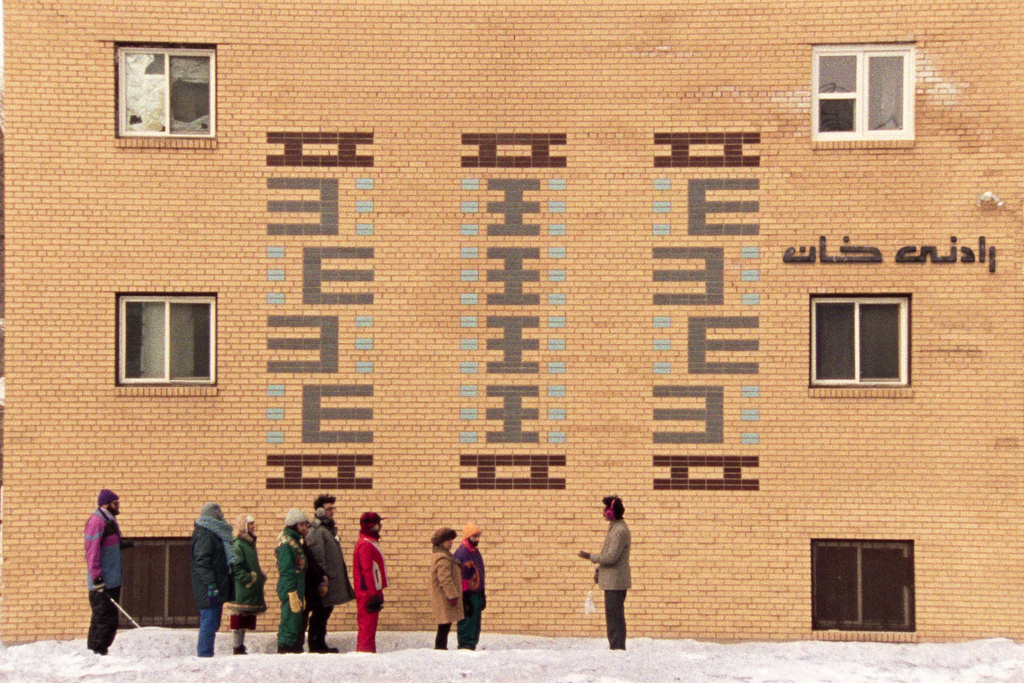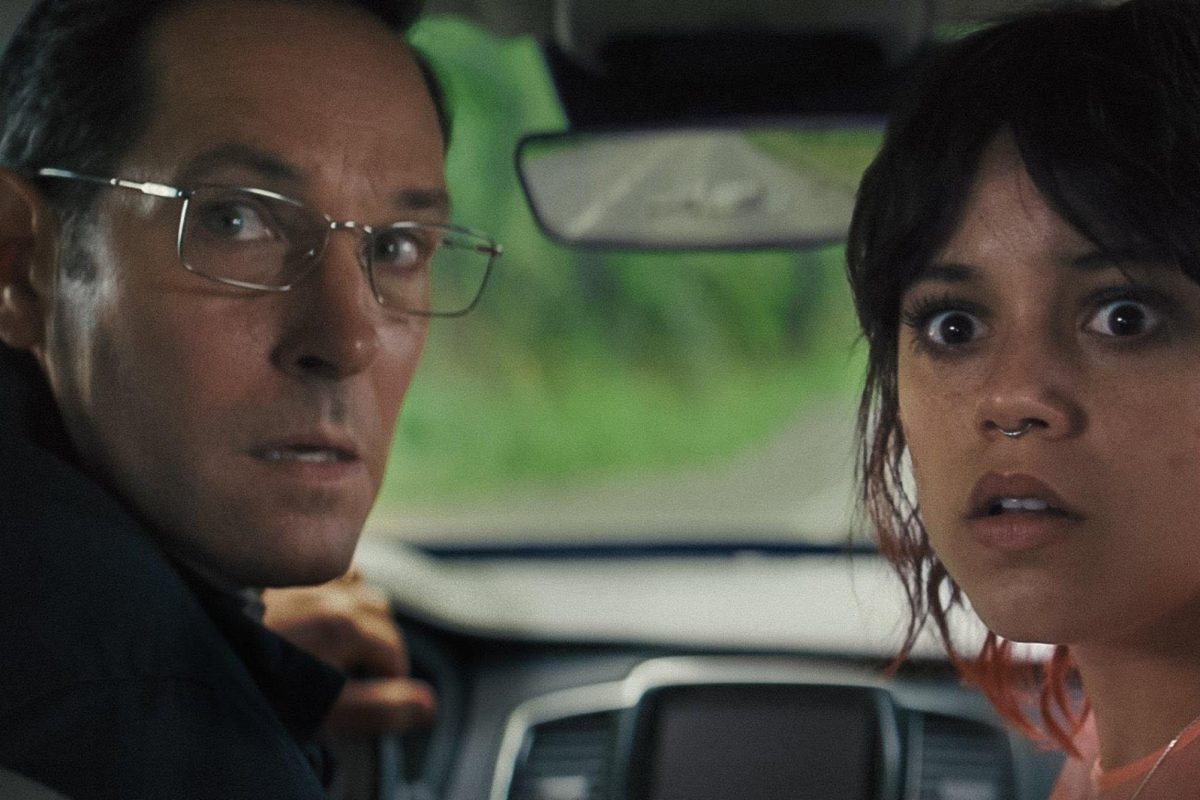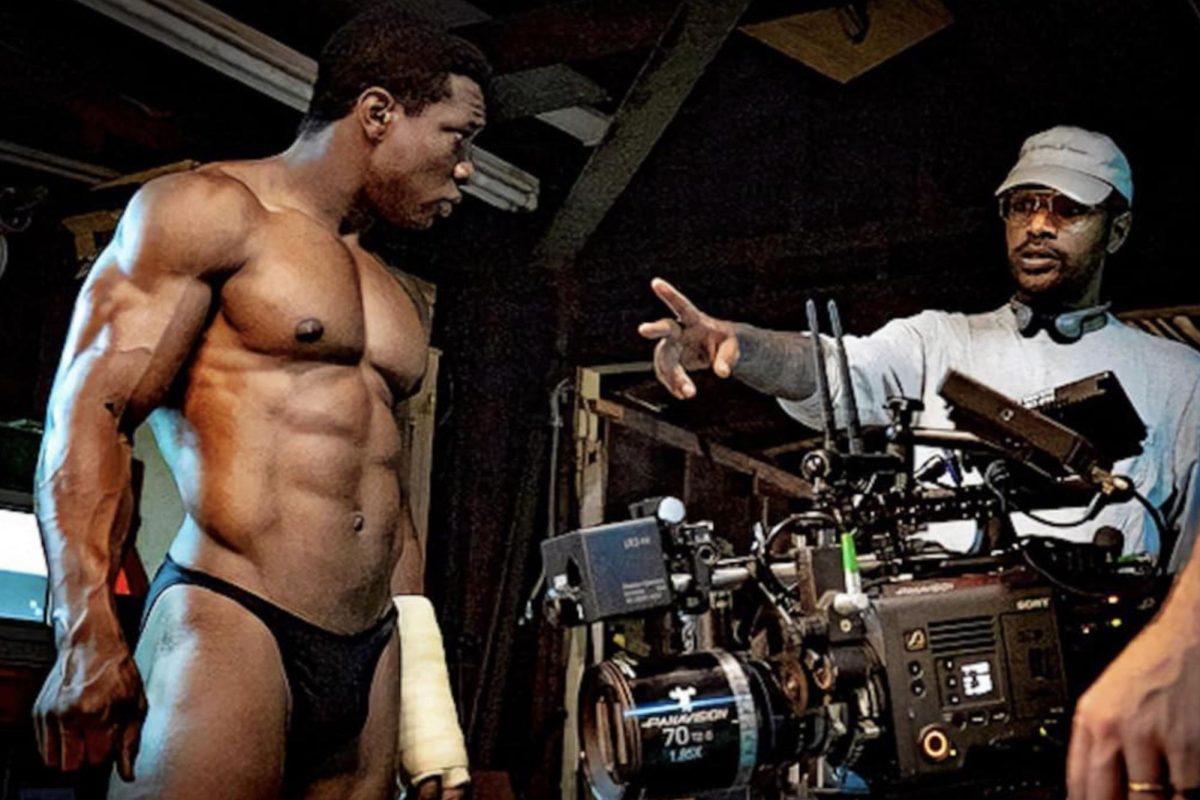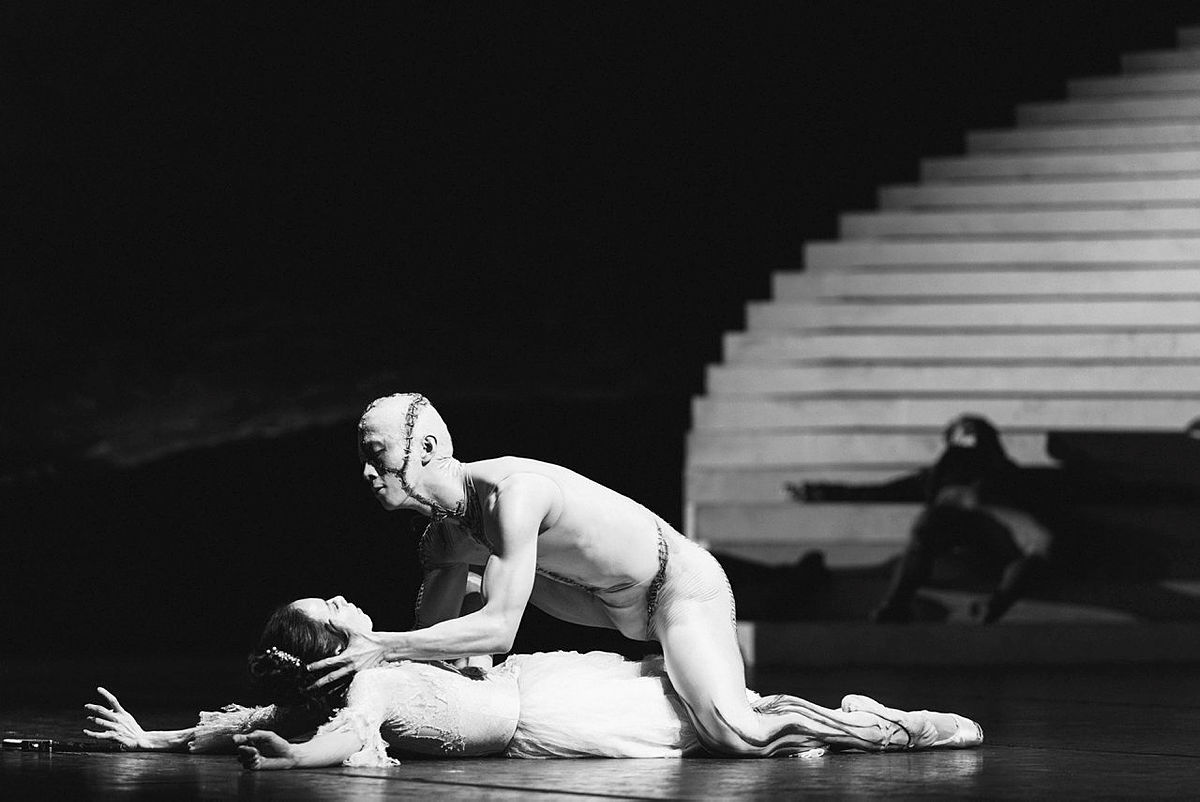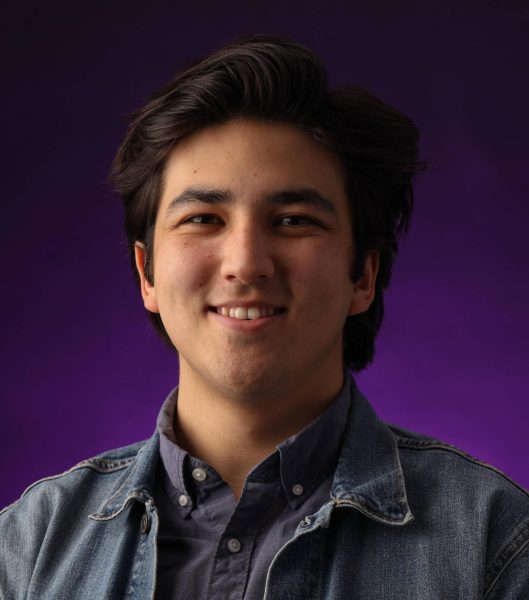Imagine a land between Tehran and Winnipeg. Now go find yourself. Matthew Rankin’s “Universal Language” takes place in this unnamed land between the two cities and somewhere between the cultures of their home countries: Iran and Canada. In this land, two sisters want to help their classmate get new glasses so they search for assistance in retrieving a bill of money from the ice. Meanwhile, a man named Matthew Rankin, played by Matthew Rankin, has quit his government job in Quebec and seeks out his estranged mother in Winnipeg.
Rankin, the director, not the character, hails from Canada but is clearly inspired by the Iranian cinema of the ‘80s. At a Q&A for the film held at the Roxie Theater, Rankin said, “Iranian cinema emerges out of a thousand years of poetry, Winnipeg cinema emerges out of 50 years of infomercials.” And so here at the crossroads lies “Universal Language.”
In blending the two worlds, taking as much inspiration from Iran’s Abbas Kiarostami as from Canada’s Guy Maddin, Rankin has carved out a space for narrative freedom and makes the most of it. Time operates on its own accord in this film with a few lines alluding to as much, though the ‘80s production design and constant Farsi dialogue in a half-imagined Canada already allude to that. Rankin approaches each scene with a coy playfulness that often reads dry, but is almost always loaded with a very strong yet repressed emotion, one that would ring false in a less accomplished movie, but lands bittersweetly here.
Rankin forgoes cornering the film into defined time periods and forgoes scene continuity, exchanging both for an ever-malleable sense of time and space, of the here and there. This never feels hostile or disorienting, but instead charming and enchanting. “Universal Language” opens with a blatant riff on Kiarostami’s “Where is the Friend’s House?” which turns the scenario of a child wanting to help their classmate on its head and sets the absurdist and delightful tone the film goes on to maintain while balancing its surrealist comedy with wry tragedies.
Though Rankin dismisses setting the film in any real time, “Universal Language” is nonetheless an urgently contemporary film. Through its quirkier moments and settings, whether that be a fist fight with a turkey over eyeglasses or sitting for tea poured from a samovar at an Iranian Tim Horton’s, Rankin manages to prod at a very real feeling of disconnect and yearning in the 2020s. The more absurd the situation on-screen, the deeper that feeling resonates.
Rankin, the character, not the director, is a man lost between worlds, something made evident in one of the film’s weaker but more distinctive moments. Disaffected by his modern life, he seeks out that which was once familiar only to find that what was home has now changed shape, not into something all that bad, but certainly something new and uncertain. That sense of misdirection, that feeling of being torn between two realities that don’t quite exist, permeates every moment of “Universal Language” in its comedic highs and tragic lows.
The film feels forever optimistic though. Human connection is held to a deified standard where the only real tragedy is not allowing oneself to chase the opportunities for it when presented. Otherwise, we may as well be turkeys dragging pairs of eyeglasses behind us.
“Universal Language” opens Friday, Feb. 21, at the Alamo Drafthouse Cinema New Mission and Roxie Theater.





